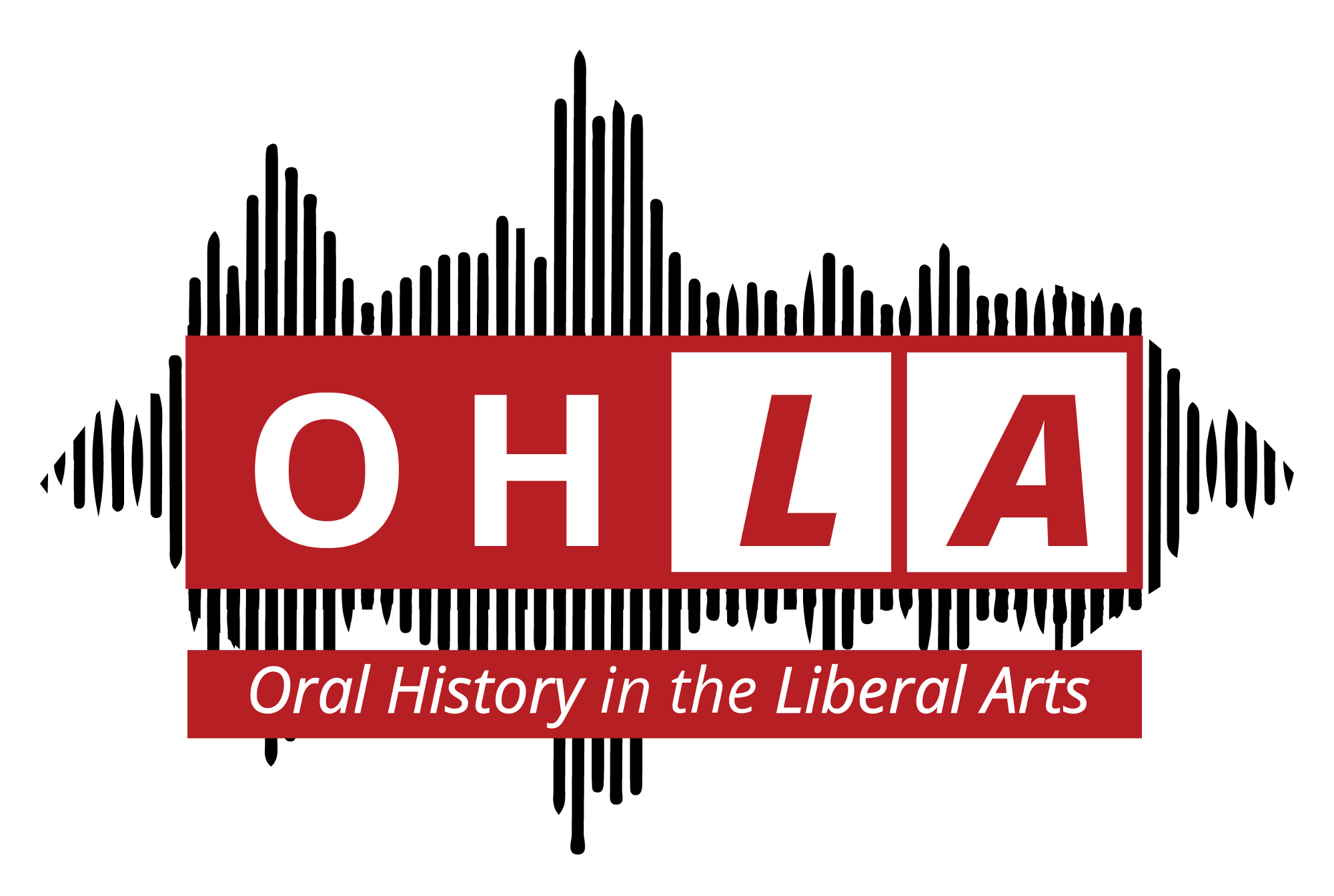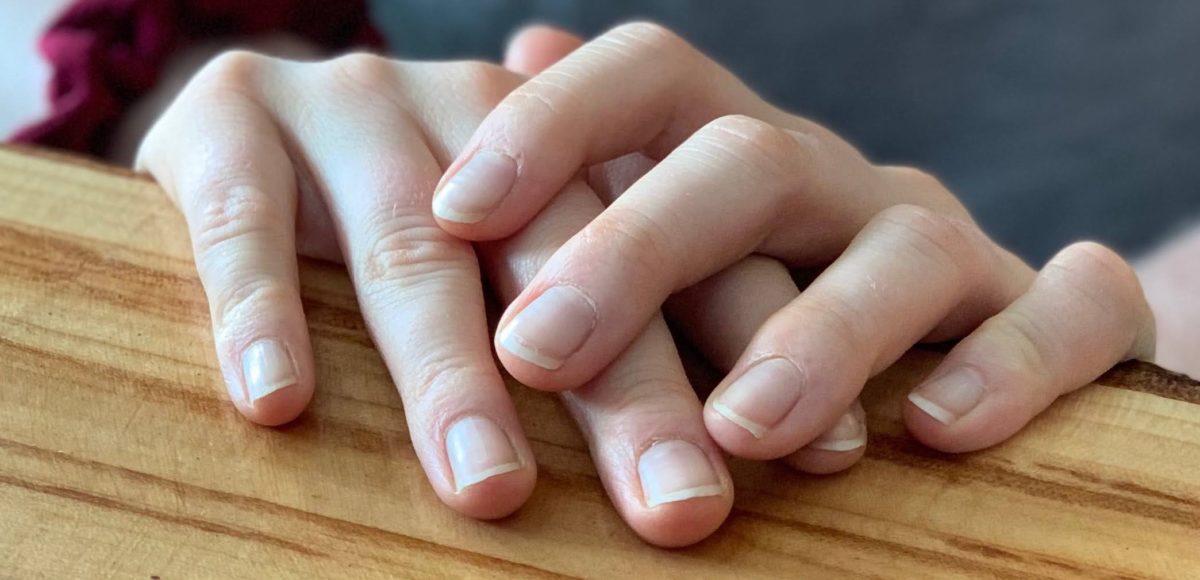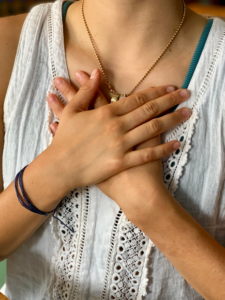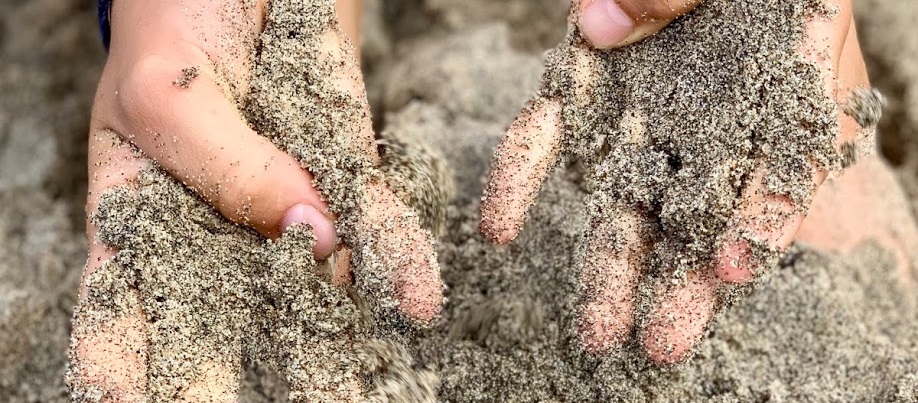About the Project
Across all demographics and identities, countless individuals are in desperate need of assistance to help cope with traumas and treat mental, behavioral, and emotional issues. To match the radical needs of the people most vulnerable, marginalized, and oppressed in our society, we rely on social workers to create holding spaces where empathy can grow and healing can happen.
When social workers step into this space with clients, they enter vulnerably. The instinct for an empathic response is a double-edged sword; it is what makes social workers effective, yet leaves them exposed to feel what their clients feel. The notion used to be that a successful social worker could walk alongside clients yet not internalize their trauma, and that professionals who could not do so were simply not cut out for the job. In the past decade, however, we have seen increasing awareness about the emotional toll that comes from listening to trauma stories. Social workers are constantly faced with this occupational hazard, which compromises professional functioning and diminishes the quality of life. The impact that trauma exposure has on individuals in helping professions is startling. Social workers are susceptible to various forms of exhaustion and burnout, including vicarious trauma, secondary traumatic stress, and compassion fatigue.
Social workers use self-care as an antidote to such burnout. Because methods of self-care are specific to each individual, the focus of this oral history project is to catalogue the personal stories of knowledgeable social workers and helping professionals. Through interviewing methodology, social workers in this project will be given the space to bravely share their own experiences with secondary trauma in the field and invite listeners to learn from their self-care strategies.
Under the direction of Hope College student Hannah Kenny, the mentorship of Dr. Marsely Kehoe, and support from the Sociology and Social Work Department, the Mellon Scholars Program of Hope College and Oral History in the Liberal Arts (OHLA), this project sheds light on the importance of exploring the depths of compassion fatigue through an exhibition of personal testimonies from social workers to discover the diversity of self-care interventions for the mind, body, and spirit. In this tribute to self-care, may we be mindful of the proven power of forging compassion through story.
Support for this project was provided by the Great Lakes Association through its Expanding Collaboration Initiative, made possible by a grant from the Andrew W. Mellon Foundation.




















